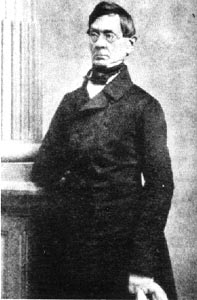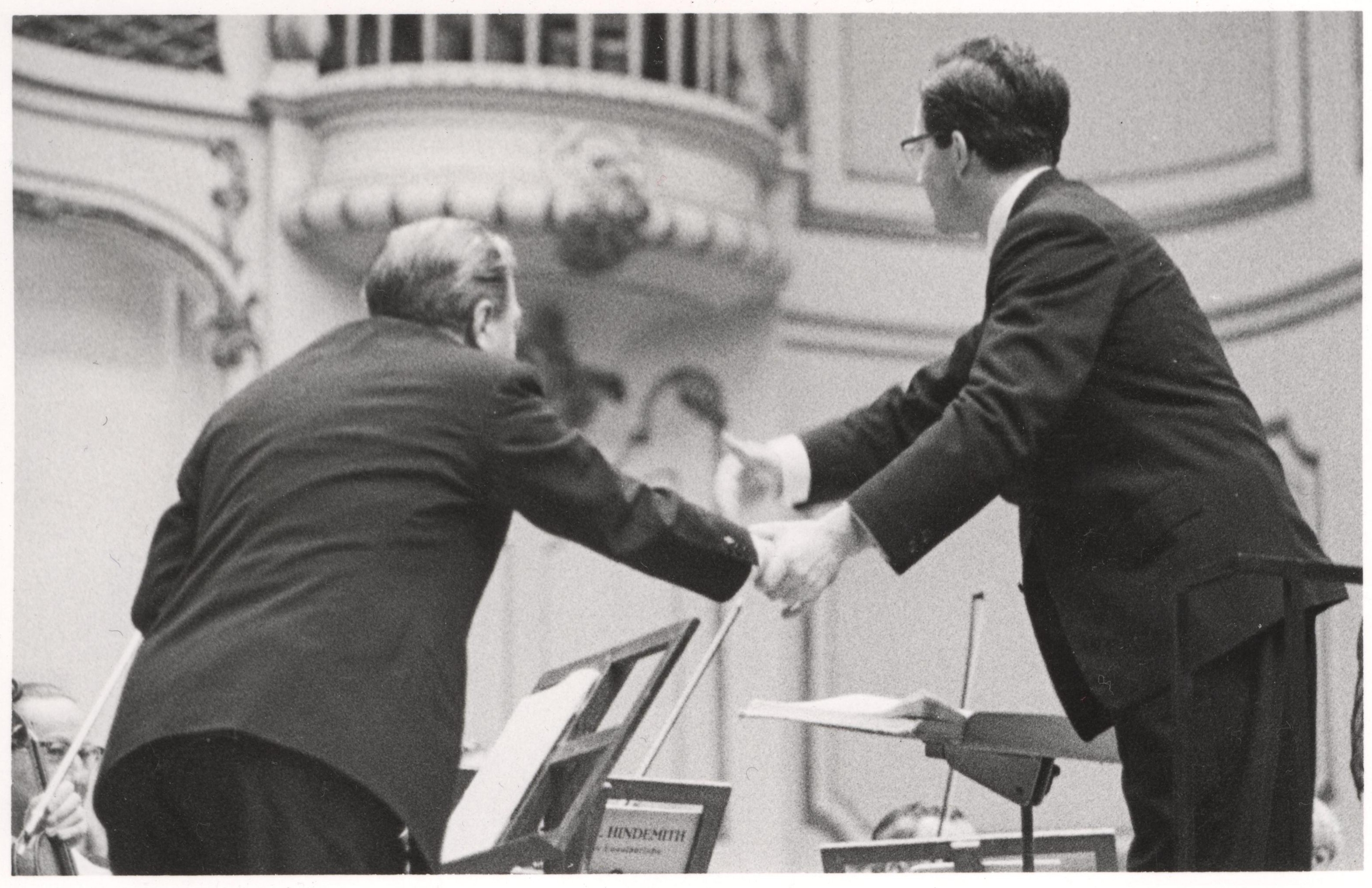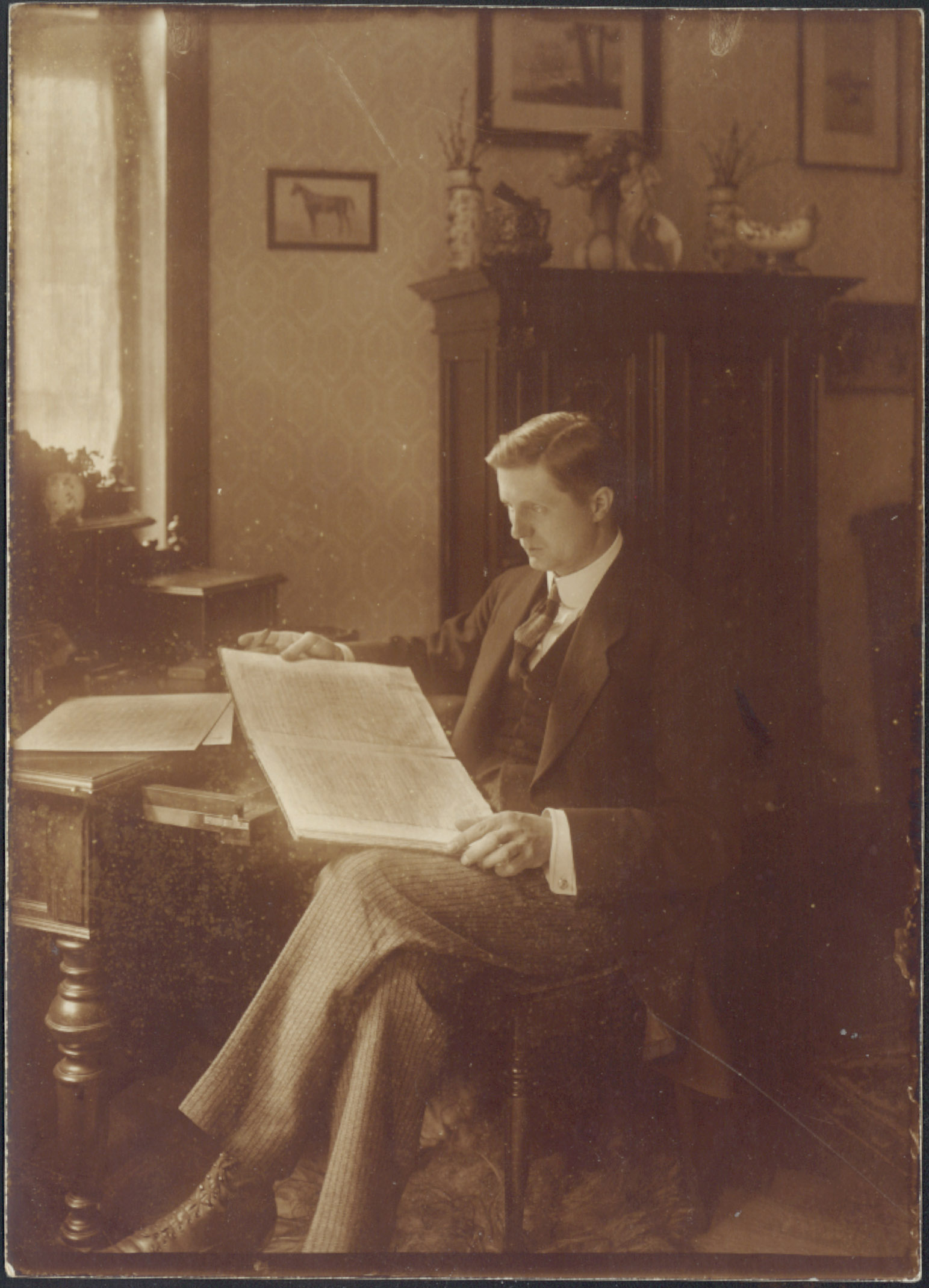|
Sinfonieorchester Aachen
The Sinfonieorchester Aachen is the concert and opera orchestra of the Theater Aachen. It consists of about 70 musicians and performs about 140 times a year. The regular symphony concerts take place in the . History The Sinfonieorchester Aachen, formerly known as Städtisches Orchester Aachen, is one of the oldest orchestras in Germany that is directed by the city. In the beginning it consisted of military musicians of the city guard, supported by part-time string players. It was not until 1771 that the ''musicians'' applied for the establishment and performance of so-called ''concerts for the amusement of the respectable people'', which had not existed in this form in Aachen before. In 1782 they finally got the new Redoute in Aachen's Komphausbadstraße, built by as a concert hall. In 1787 Georg Zethner became the first Kapellmeister of the symphony orchestra. For the performance of Haydn's Oratorio '' The Creation'' in 1803, about half of the total of 48 orchestra members ha ... [...More Info...] [...Related Items...] OR: [Wikipedia] [Google] [Baidu] |
Theater Aachen
Theater Aachen is a theatre in Aachen, Germany. It is the principal venue in that city for operas, musical theatre and plays. It is the home of the Aachen Symphony Orchestra. The original project was by Johann Peter Cremer, later altered by Karl Friedrich Schinkel. Construction on the original theatre began in 1822 and it opened on 15 May 1825. A bomb attack on 14 July 1943 destroyed the first theatre, and the current structure was inaugurated on 23 December 1951 with a performance of Richard Wagner's ''Die Meistersinger von Nürnberg''. Conductors The conductors of the theatre have also been Generalmusikdirektor of Aachen: *1920–1935 Peter Raabe *1935–1942 Herbert von Karajan *1942–1944 Paul van Kempen *1946–1953 Felix Raabe *1953–1958 Wolfgang Sawallisch *1958–1962 Hans Walter Kämpfel *1962–1974 Wolfgang Trommer *1974–1983 Gabriel Chmura *1984–1990 Yoram David *1990–1992 Bruce Ferden *1993–1996 Yukio Kitahara *1997–2002 Elio Boncompagni *2002–20 ... [...More Info...] [...Related Items...] OR: [Wikipedia] [Google] [Baidu] |
Rhineland
The Rhineland (german: Rheinland; french: Rhénanie; nl, Rijnland; ksh, Rhingland; Latinised name: ''Rhenania'') is a loosely defined area of Western Germany along the Rhine, chiefly its middle section. Term Historically, the Rhinelands refers (physically speaking) to a loosely defined region embracing the land on the banks of the Rhine in Central Europe, which were settled by Ripuarian and Salian Franks and became part of Frankish Austrasia. In the High Middle Ages, numerous Imperial States along the river emerged from the former stem duchy of Lotharingia, without developing any common political or cultural identity. A "Rhineland" conceptualization can be traced to the period of the Holy Roman Empire from the sixteenth until the eighteenth centuries when the Empire's Imperial Estates (territories) were grouped into regional districts in charge of defence and judicial execution, known as Imperial Circles. Three of the ten circles through which the Rhine flowed referr ... [...More Info...] [...Related Items...] OR: [Wikipedia] [Google] [Baidu] |
Franz Wüllner
Franz Wüllner (28 January 1832 – 7 September 1902) was a German composer and conductor. He led the premieres of Wagner's ''Das Rheingold'' and ''Die Walküre'', but was much criticized by Wagner himself, who greatly preferred the more celebrated conductors Hans von Bülow and Hermann Levi. Biography Wüllner was born in Münster and studied in his native place, and at Frankfurt, Berlin, Brussels, and Munich. Among his teachers was Anton Schindler, who styled himself Beethoven's amanuensis carrying on the true traditions of the master's style, a claim disputed by Beethoven's pupil Carl Czerny. In 1856 Wüllner became instructor in piano at the Munich Conservatory. He held the position of town musical director at Aix-la-Chapelle from 1858 to 1864. In 1867 he became director of the choral classes in the reorganized School of Music at Munich and wrote for them ''Chorübungen der Münchener Musikschule'', text of score reading and singing ('' Solfege'').New International Encyclope ... [...More Info...] [...Related Items...] OR: [Wikipedia] [Google] [Baidu] |
Wenzel Heinrich Veit
Wenzel is a male given name (long version Wenzeslaus) as the German and Old English form of the Czech given name Václav or Venceslav, meaning "praised with glory". Variations are Вячеслав (Ukrainian and Russian), Vencel (Hungarian), Wacław, Więcław, Wiesław (Polish), Venceslas/Wenceslas (French), Venceslao (Italian), Venceslau (Portuguese), Wenceslao (Spanish). Given name * Wenzel Jamnitzer (ca. 1507–1585), Austrian-German etcher and goldsmith * Wenzel, Archduke of Austria (1561–1578), Austrian prince and Grand Prior of the Order of Malta * Wenzel Anton Graf Kaunitz (1711–1794), Austrian statesman * Wenzel Raimund Birck (1718–1763), Austrian composer * Wenzel Parler (1333–1399), German-Bohemian architect * Wenzel Pichl (1741–1805), Czech composer * Wenzel Thomas Matiegka (1773–1830), Bohemian composer * Prince Klemens Wenzel von Metternich (1773–1859), German-Austrian politician and statesman * Wolfgang Wenzel von Haffner (1806–1892), Norwegi ... [...More Info...] [...Related Items...] OR: [Wikipedia] [Google] [Baidu] |
Anton Felix Schindler
Anton Felix Schindler (13 June 1795 in Medlov – 16 January 1864 in Bockenheim (Frankfurt am Main)) was an Austrian law clerk and associate, secretary, and early biographer of Ludwig van Beethoven. Life Schindler moved to Vienna in 1813 to study law, and from 1817 to 1822 was a clerk in a law office there. He was a competent, though not an exceptional violinist, and played in various musical ensembles, first meeting Beethoven in 1814. He gave up his law career, becoming in 1822 first violinist at the Theater in der Josefstadt, and from 1825 first violinist at the Theater am Kärntnertor. His acquaintance with Beethoven continued, and from 1822, he lived in the composer's house, as his unpaid secretary.Paul Nettl. "Schindler, Anton Felix". ''Beethoven Encyclopedia''. Philosophical Library, New York, 1956. [...More Info...] [...Related Items...] OR: [Wikipedia] [Google] [Baidu] |
Wilhelm Telle
Wilhelm may refer to: People and fictional characters * William Charles John Pitcher, costume designer known professionally as "Wilhelm" * Wilhelm (name), a list of people and fictional characters with the given name or surname Other uses * Mount Wilhelm, the highest mountain in Papua New Guinea * Wilhelm Archipelago, Antarctica * Wilhelm (crater), a lunar crater See also * Wilhelm scream The Wilhelm scream is a stock sound effect that has been used in a number of films and TV series, beginning in 1951 with the film ''Distant Drums''. The scream is usually used when someone is shot, falls from a great height, or is thrown from a ..., a stock sound effect * SS ''Kaiser Wilhelm II'', or USS ''Agamemnon'', a German steam ship * Wilhelmus, the Dutch national anthem {{Disambiguation ... [...More Info...] [...Related Items...] OR: [Wikipedia] [Google] [Baidu] |
Justus Amadeus Lecerf
Justus (died on 10 November between 627 and 631) was the fourth Archbishop of Canterbury. He was sent from Italy to England by Pope Gregory the Great, on a mission to Christianize the Anglo-Saxons from their native paganism, probably arriving with the second group of missionaries despatched in 601. Justus became the first Bishop of Rochester in 604, and attended a church council in Paris in 614. Following the death of King Æthelberht of Kent in 616, Justus was forced to flee to Gaul, but was reinstated in his diocese the following year. In 624 Justus became Archbishop of Canterbury, overseeing the despatch of missionaries to Northumbria. After his death he was revered as a saint, and had a shrine in St Augustine's Abbey, Canterbury. Arrival in Britain Justus was a member of the Gregorian mission sent to England by Pope Gregory I. Almost everything known about Justus and his career is derived from the early 8th-century ''Historia ecclesiastica gentis Anglorum'' of Be ... [...More Info...] [...Related Items...] OR: [Wikipedia] [Google] [Baidu] |
Wolfgang Sawallisch
Wolfgang Sawallisch (26 August 1923 – 22 February 2013) was a German conductor and pianist. Biography Wolfgang Sawallisch was born in Munich, the son of Maria and Wilhelm Sawallisch. His father was director of the Hamburg-Bremer-Feuerversicherung in the city. Wolfgang's brother Werner was five years older. He passed his Abitur in 1942 at the Wittelsbacher-Gymnasium in Munich. At the age of five, he was already playing the piano and by the time he was ten, he had decided he wanted to become a concert pianist. As a child, he was greatly influenced by Richard Strauss and Hans Knappertsbusch. In his musical education he was generously supported by his family, especially by his widowed mother, who became active again because of him, and also by his older brother. At first, he studied composition and piano privately. This enabled him to prepare for his career as a pianist and conductor before and after the Second World War without financial worries. His professional development wa ... [...More Info...] [...Related Items...] OR: [Wikipedia] [Google] [Baidu] |
Herbert Von Karajan
Herbert von Karajan (; born Heribert Ritter von Karajan; 5 April 1908 – 16 July 1989) was an Austrian conductor. He was principal conductor of the Berlin Philharmonic for 34 years. During the Nazi era, he debuted at the Salzburg Festival, with the Vienna Philharmonic, the Berlin Philharmonic, and during the Second World War he conducted at the Berlin State Opera. Generally regarded as one of the greatest conductors of the 20th century, he was a controversial but dominant figure in European classical music from the mid-1950s until his death. Part of the reason for this was the large number of recordings he made and their prominence during his lifetime. By one estimate, he was the top-selling classical music recording artist of all time, having sold an estimated 200 million records. Biography Early life Genealogy The Karajans were of Greek ancestry. Herbert's great-great-grandfather, Georg Karajan (Geórgios Karajánnis, el, Γεώργιος Καραγιάννης, lin ... [...More Info...] [...Related Items...] OR: [Wikipedia] [Google] [Baidu] |
Fritz Busch
Fritz Busch (13 March 1890 – 14 September 1951) was a German conductor. Busch was born in Siegen, Westphalia, to a musical family, and studied at the Cologne Conservatory. After army service in the First World War, he was appointed to senior posts in two German opera houses. At the Stuttgart Opera (1918 to 1922) he modernised the repertory, and at the Dresden State Opera (1922 to 1933) he presented world premieres of operas by Richard Strauss, Ferruccio Busoni, Paul Hindemith and Kurt Weill among others. He also conducted at the Bayreuth and Salzburg Festivals. Being an ardent Anti-Nazi, Busch was dismissed from his post as director at Dresden in 1933 and made most of his later career outside Germany. He conducted in New York and London, but his main bases were Buenos Aires, where he was in charge at the Teatro Colón for several opera seasons in the 1930s and 1940s; Copenhagen and Stockholm, conducting the Danish Radio Symphony Orchestra and the Stockholm Philharmonic; ... [...More Info...] [...Related Items...] OR: [Wikipedia] [Google] [Baidu] |
Aachener Bachverein
Aachener Bachverein (often abbreviated as ABV) is a German oratorio choir of the Evangelical Church in the Rhineland in the city of Aachen that was founded in 1913 by Heinrich Boell. Although the chorus sings a varied repertoire that encompasses music from all historical periods to new compositions, the ensemble is particularly known for their historically informed performances of baroque and classical period music that are often made in conjunction with internationally renowned instrumental ensembles and orchestras. The choir frequently tours, has had several of their performances broadcast on German radio, and has recorded a number of cantatas by J.S. Bach. List of directors * Heinrich Boell (1913–1924) * Rudolf Mauersberger (1924–1925) * Erhard Mauersberger (1925–1928) * Hans Hulverscheidt (1956–1974) * Johannes Geffert (1974–1979) * Heribert Breuer (1979–1983) * Wolfgang Karius Wolfgang Karius (born 4 June 1943) is a German conductor, organist and harpsichordi ... [...More Info...] [...Related Items...] OR: [Wikipedia] [Google] [Baidu] |
Aachener Domchor
Aachener Domchor (Aachen Cathedral choir) is the oldest boys' choir in Germany and one of the oldest in the world. It is based at the Aachen Cathedral in Aachen, a former capital of the Carolingian Empire. The year 782 is given for its founding by Charlemagne and Alcuin of York. Under a succession of directors, the choir gained an international reputation, benefiting from an associated school. Since 2000, the Domchor has been directed by Berthold Botzet. History The Aachener Domchor is the oldest boys' choir in Germany and one of the oldest in the world. It is based at the Aachen Cathedral in Aachen, a former capital of the Carolingian Empire. The choir is sometimes also identified using its Latin name, ''Cappella Carolina''. The choir dates back more than 1200 years, with the year 782 given for its founding. It served church music at the cathedral for the court of Charlemagne. The choir school (''schola cantorum'') was founded by the emperor and Alcuin of York, and was ... [...More Info...] [...Related Items...] OR: [Wikipedia] [Google] [Baidu] |




_–_Gerd_Hruška.png)

